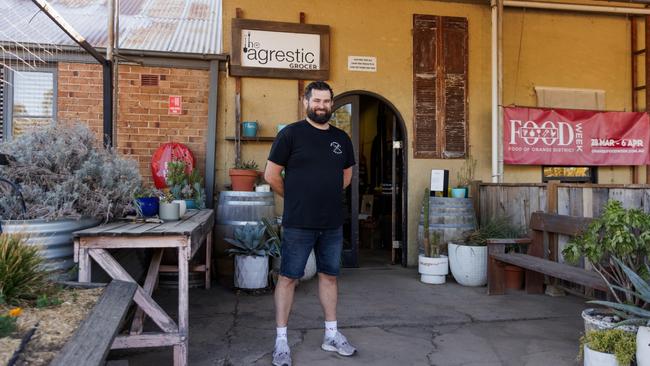Long Weekend Lifeline: Rural NSW Businesses Rely on Sydneysiders to Stay Open
Regional tourism business owners are urging Sydneysiders to enjoy a long weekend away — and to rethink their reluctance to pay weekend surcharges, as they directly support local jobs.

News
Don't miss out on the headlines from News. Followed categories will be added to My News.
Small hospitality businesses in rural NSW have begged Sydneysiders to visit their establishments this winter long weekend — saying the traffic keeps their business afloat.
New data has revealed that a third of customers tend to avoid places that have weekend or public holiday surcharges, however small businesses rely on that to keep the lights on with close to 40 per cent of businesses said they would shut on weekends or public holidays if a surcharge was banned.

The data, from Tyro Payment’s soon to be released 2025 Eat Pay Love Report also revealed that close to 10 per cent of businesses would close down if the public holiday surcharge was banned because that holiday trading was essential to their venue.
According to the NSW Small Business Commissioner, as of June 30, 2023, the number of businesses operating in regional NSW accounted for 29 per cent of all businesses in the state.
The owner of a popular grocer and cafe in Orange NSW said for small businesses, a holiday surcharge isn’t about making extra money.

Especially in the winter months, when people tend to favour a fire and red wine over a beach break.
“Holiday surcharging isn’t about making a profit, it’s about ensuring I can pay my hardworking staff their wages.
“I have to charge 10 per cent more on weekends and 20 per cent more on Public Holidays to recoup on increased costs from wages which increases on weekends and doubles on a public holiday,” said Beau Baddock, from Agrestic Grocer and Café.
“It’s about keeping the doors open so that people have somewhere to go on weekends and holidays. I’d love to spend the weekend with my family, but I also want to provide visitors and locals with somewhere to go,” Mr Baddock said.
“If we don’t on-charge our extra wage costs, we’d have to close, a lot of businesses would, and then people would have nowhere to go,” Mr Baddock said.



